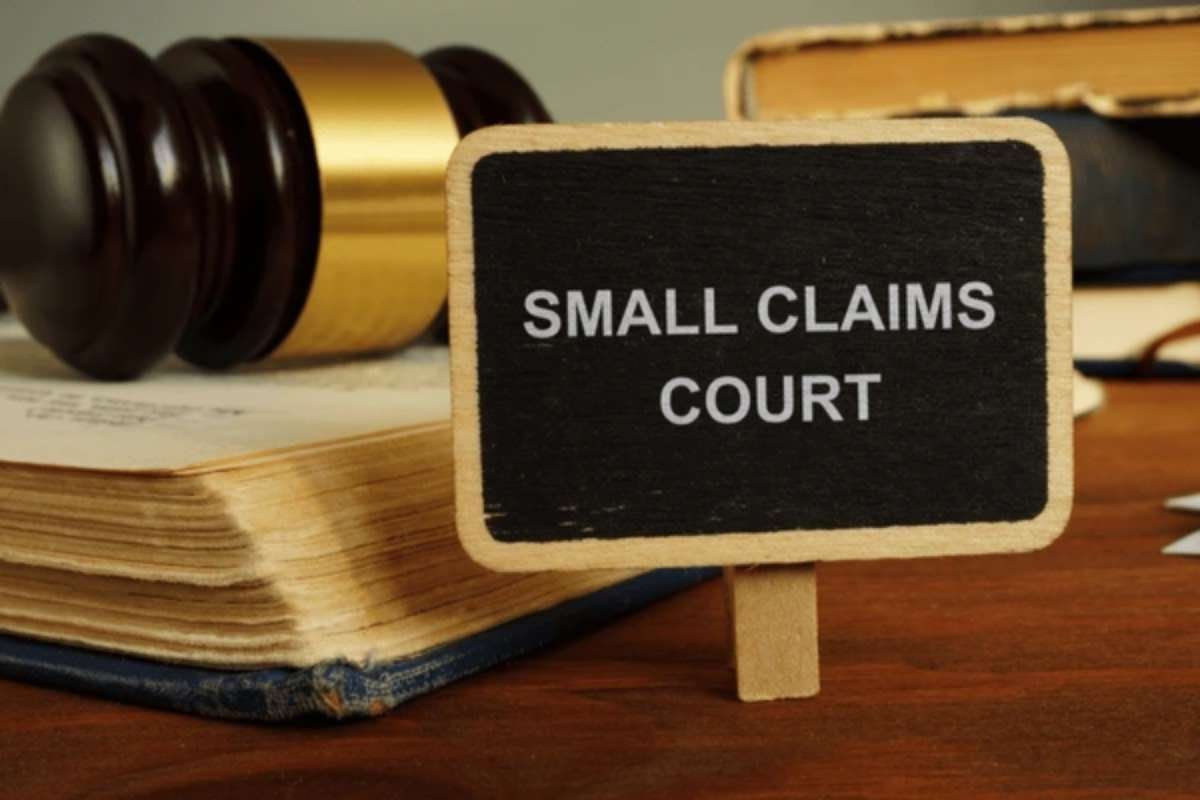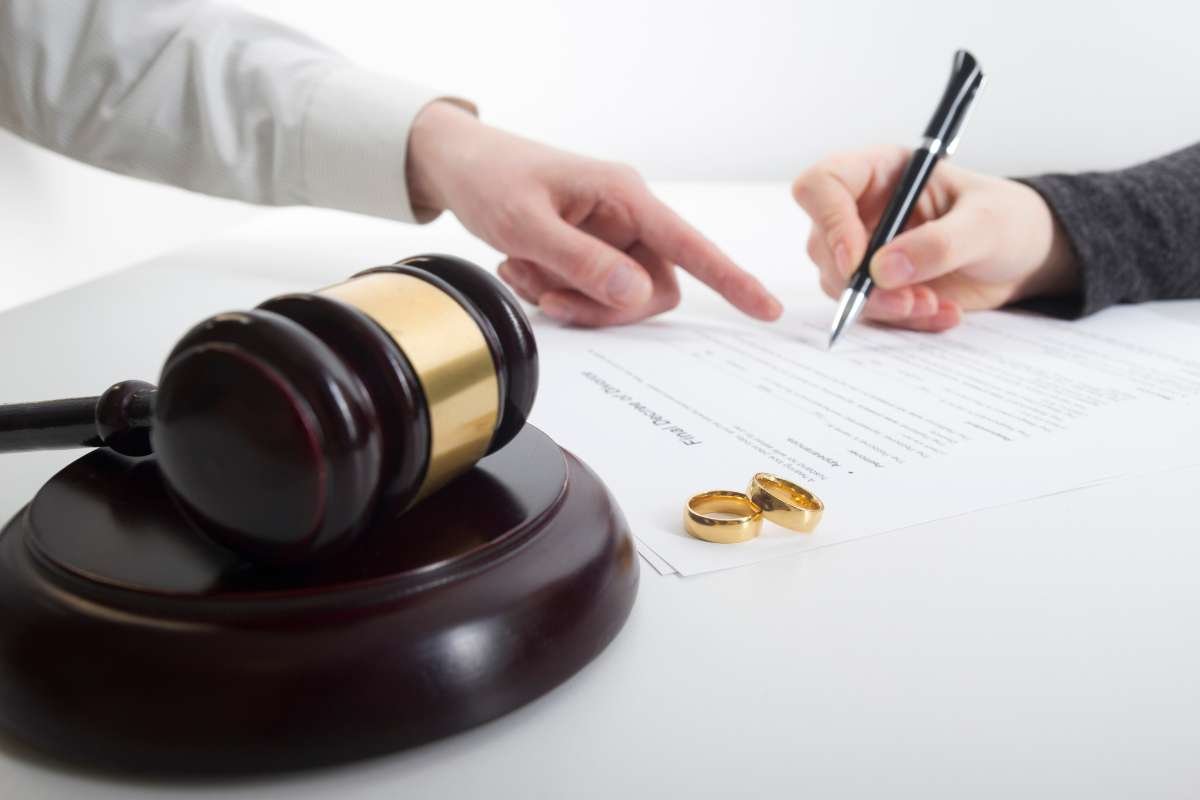Expert witnesses can inform both judges and juries as to which medical information is clinically significant in a case, which allows attorneys to focus on pertinent issues.
Expert witnesses must provide impartial, independent, and objective testimony in their areas of expertise. This requires early identification of issues, compliance with timescales, and prompt service of reports.
1. Forensic Experts
Forensic scientists specialize in the examination and testimony regarding physical evidence found at crime scenes, such as fingerprints or DNA samples. Their experts assist law enforcement agencies in locating suspects and establishing their guilt or innocence.
At trial, expert witnesses must be able to clearly explain complex scientific concepts while answering any inquiries from opposing attorneys and the judge or jury.
Expert witnesses must not only demonstrate their knowledge of a case, but they must also possess excellent communication skills. This is particularly essential during pretrial discovery, where attorneys exchange information. Furthermore, having an organized system for recording findings helps keep expert witnesses focused and on task when preparing testimony while being quickly able to locate previous tests or analysis results is vital for answering opposing arguments during cross-examination.
2. Mental Health Experts
Psychiatric experts are routinely brought in as witnesses in roughly 50% of all criminal and 80% of civil trials, typically to provide expert opinions regarding competency to stand trial, insanity defense, or mitigation of penalty issues.
Though some medical experts may be called upon to comment directly on culpability, such a request should be discouraged. Culpability is not defined by medicine alone and other non-medical factors are equally influential when considering culpability.

Psychologists are mental health professionals who use psychotherapy and behavioral interventions to treat patients suffering emotional or psychological harm. Psychologists are frequently sought out as expert witnesses in legal proceedings due to personal injuries, trauma events, or malpractice; many cases rely on them as expert witnesses as well. There are various branches of psychology including clinical neuropsychology, clinical health psychology, industrial-organizational psychology, forensic psychology, couple and family therapy, geropsychology (the study of older people), police and public safety psychology, and more.
3. DUI Experts
Experienced experts are invaluable allies when defending a DUI case, as they possess expert knowledge in the scientific aspects associated with drunk driving cases, such as breathalyzer operation and how police should administer field sobriety tests; or what factors might influence blood or urine test results.
DUI lawyers work closely with these experts to challenge the evidence against you, ensuring that testing methods or equipment are accurate, up-to-date, and properly calibrated. They can also explain how head trauma, heart or back problems, medication or certain medical conditions such as head lice can alter the results of field sobriety tests and chemical blood or breath tests.

Pharmacologists and physicians also serve as valuable witnesses in DUI cases, providing insights into how an individual’s medical condition or medications could cause them to exhibit signs and symptoms that might suggest intoxication. Furthermore, these professionals can assist jurors in understanding that field sobriety tests and chemical tests do not offer an objective measure of impairment.
4. Eminent Domain Experts
Eminent domain gives governments the legal ability to seize private property for “public use”, with fair compensation being offered as fair recompense to owners for their loss. Unfortunately, however, this practice can often be exploited for quick profits or unwarranted intrusion into private property rights by authorities seeking quick gain at the expense of personal freedoms.
Expert witnesses in eminent domain proceedings can provide invaluable insight into their legality and help negotiate favorable terms for property owners, often possessing expertise in areas like real estate law, property appraisal, valuation, insurance claims damages and claim settlement.

Defense against condemnation requires an intricate legal strategy. This might involve reviewing specifics about a project, as well as looking into community needs and public use requirements and challenging them. Furthermore, understanding both state and federal laws along with being able to identify issues regarding assessment/valuation can be essential tools in protecting property values from being taken by condemnation proceedings. Having access to an experienced eminent domain lawyer may prove invaluable when protecting your assets against condemnation proceedings. DUI GTA attorney has the proper knowledge to advise clients in doing so.


















